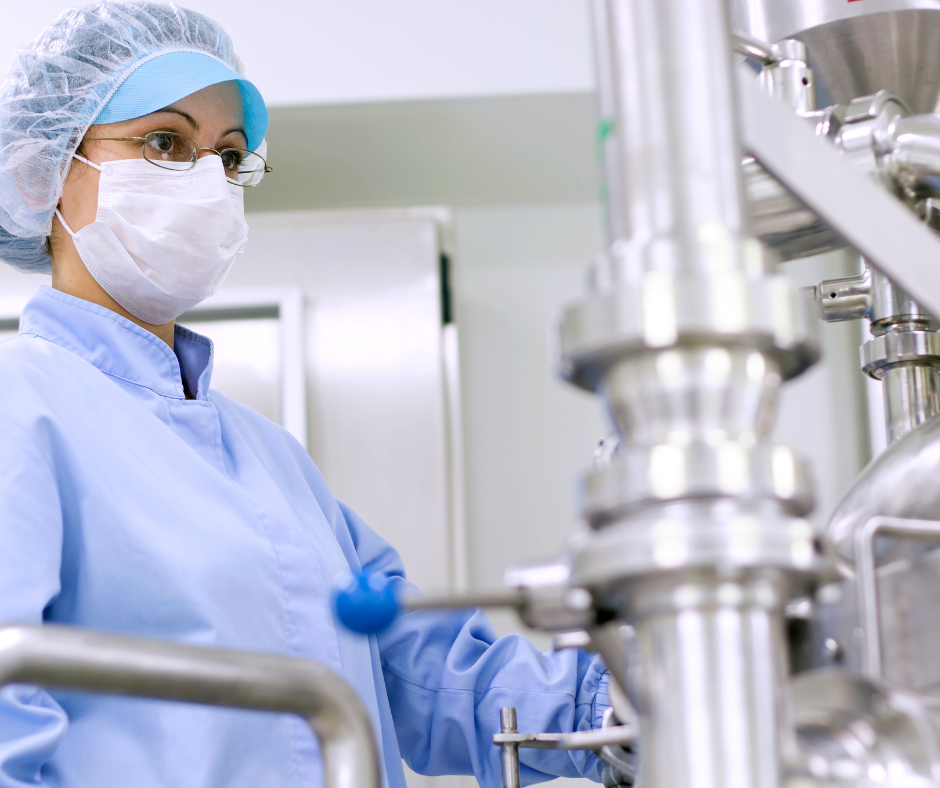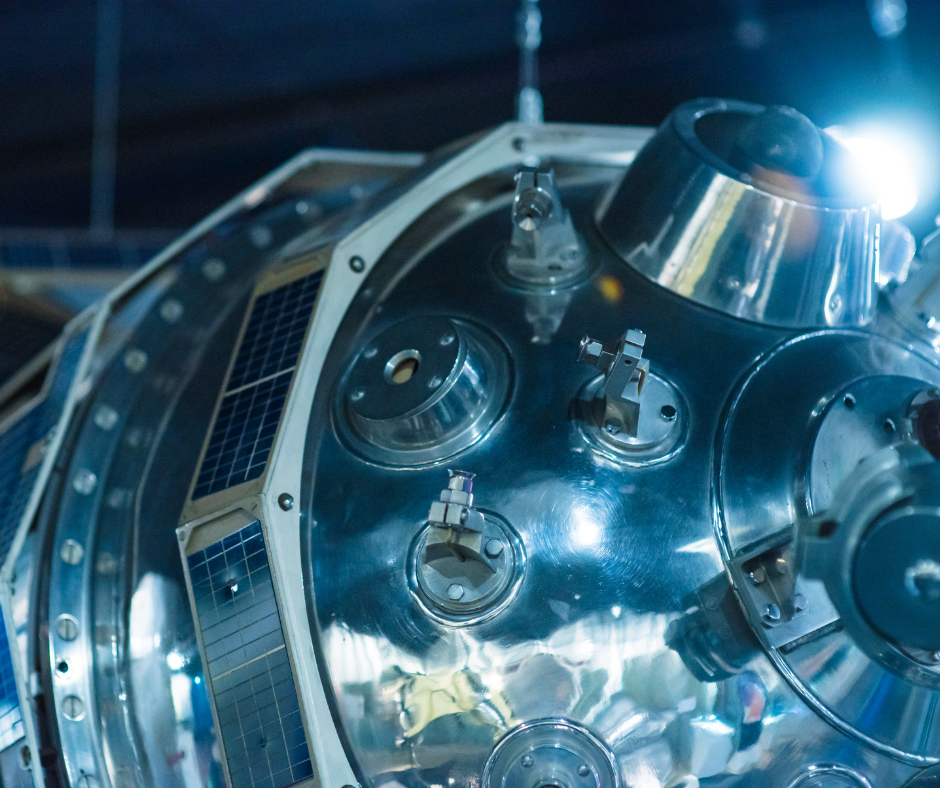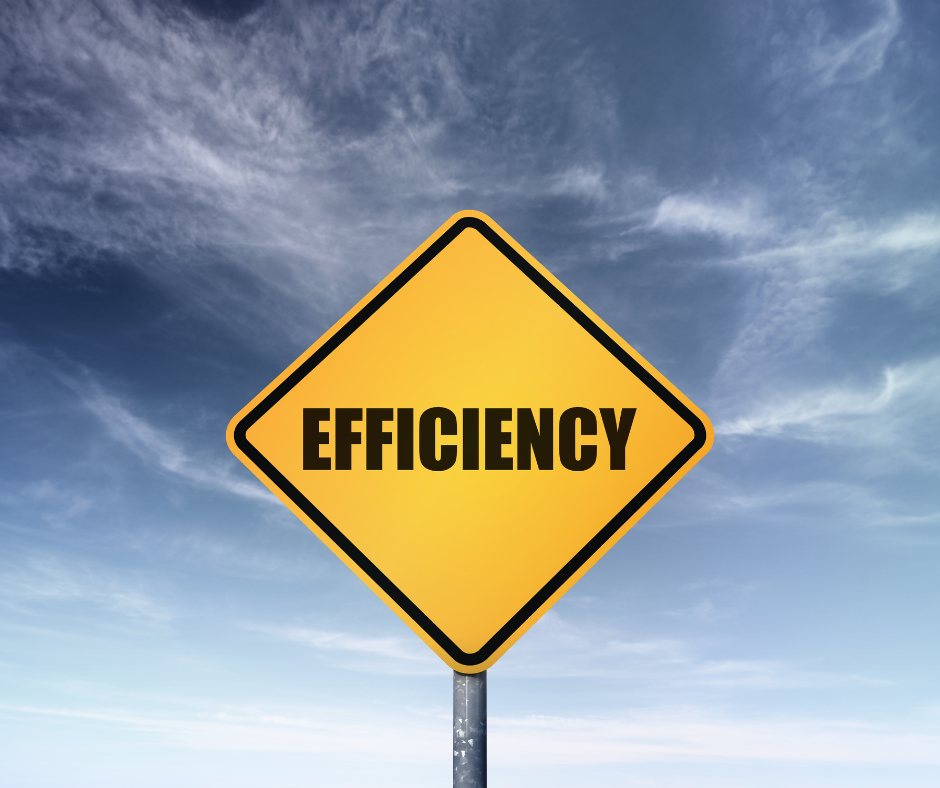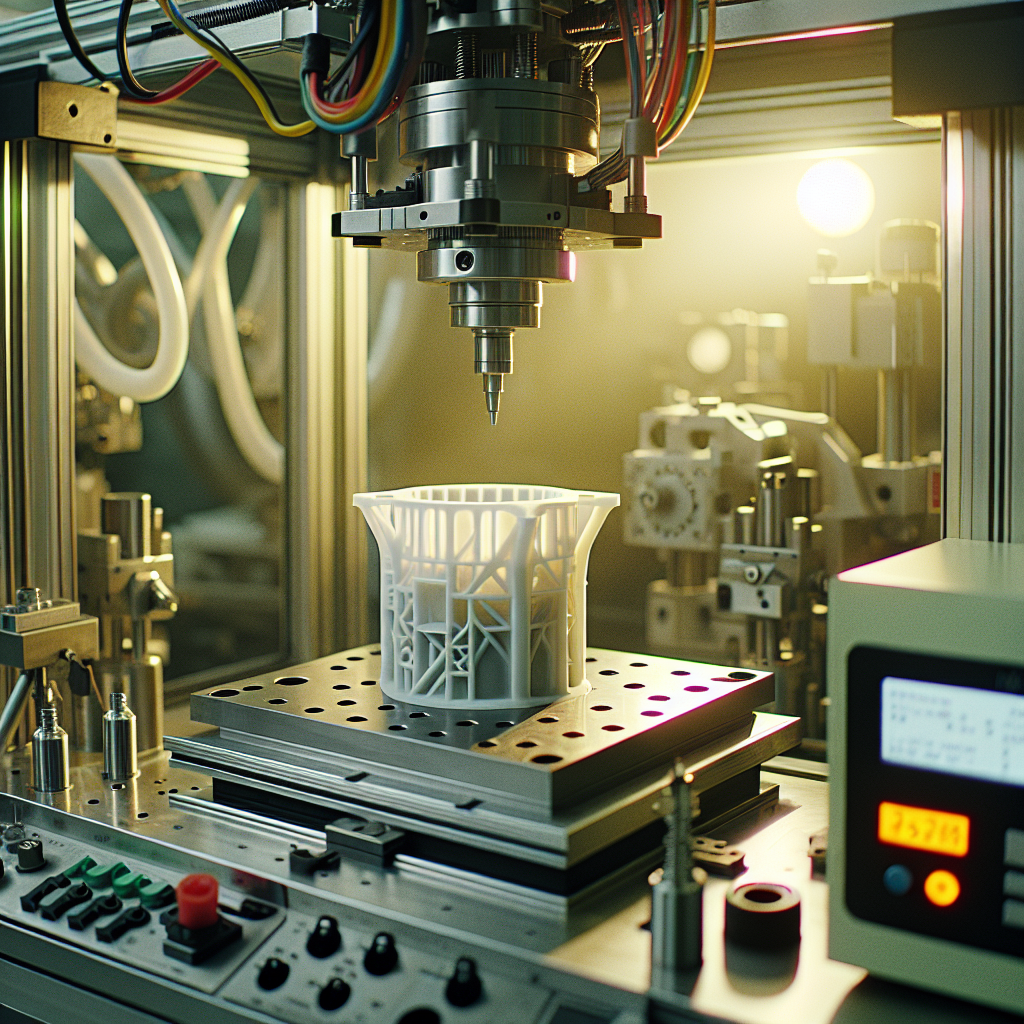Chemical manufacturers frequently struggle to improve efficiency and reduce costs in their manufacturing facilities.
Because the industry is inherently resource-intensive, waste is always an issue.The best way to deal with the problem is to maximize efficiency in any way possible.Implementing measures to improve efficiency takes time and effort, but the results are well worth it.
Aside from reducing waste and costs, increased efficiency means safer operations and less downtime.In the long run, you will have a safer and more profitable chemical manufacturing business.
Efficiency is a crucial factor in chemical manufacturing as it directly affects the productivity and profitability of the industry. Therefore, optimizing every step of the chemical manufacturing process is important to achieve maximum efficiency.
In this article, we will discuss various ways to maximize efficiency in chemical manufacturing:
- Process Optimization
- Energy Conservation
- Waste Reduction
- Safety Measures
- Quality Control
- How can Deskera Help You?
- Conclusion
Process Optimization
Process optimization is a key factor in maximizing chemical manufacturing efficiency. The process should be designed to use the least amount of energy, raw materials, and water, while producing the highest yield of the desired product.
Here are some steps to optimize the chemical manufacturing process:
a. Material Balance: Material balance is a fundamental principle that helps to optimize the chemical manufacturing process. It involves tracking the inflow and outflow of materials at every stage of the process. The aim is to minimize waste and ensure that the desired product is produced with minimal loss of raw materials.
b. Process Flow Diagram: The process flow diagram (PFD) is a schematic representation of the chemical manufacturing process. It helps to visualize the flow of materials and energy throughout the process, making it easier to identify areas for optimization. The PFD can also help to identify potential safety hazards in the process.
c. Reaction Kinetics: Reaction kinetics is the study of the rate at which chemical reactions occur. By understanding the reaction kinetics, it is possible to optimize the reaction conditions, such as temperature, pressure, and reactant concentrations, to achieve the highest yield of the desired product.
d. Process Intensification: Process intensification involves the integration of different processes into a single unit operation. This can help to reduce the number of steps in the process, which in turn reduces energy and raw material consumption.
Energy Conservation
Energy consumption is a significant cost in chemical manufacturing, accounting for up to 50% of the total operating costs. Therefore, conserving energy is an important way to maximize efficiency in chemical manufacturing. Here are some ways to conserve energy:
a. Process Integration: Process integration involves the use of waste heat and by-products from one process as input to another process. This can help to reduce energy consumption and minimize waste.
b. Heat Exchangers: Heat exchangers are devices that transfer heat from one fluid to another without direct contact. They are commonly used in chemical manufacturing to recover waste heat from exhaust gases or other sources and transfer it to other parts of the process.
c. Insulation: Insulating process equipment and pipelines can help to reduce heat loss and minimize energy consumption.
d. Energy-Efficient Equipment: Using energy-efficient equipment, such as pumps and motors, can help to reduce energy consumption and lower operating costs.
Waste Reduction
Waste reduction is an important way to maximize efficiency in chemical manufacturing. Reducing waste helps minimize environmental impact and reduces the cost of raw materials and disposal. Here are some ways to reduce waste:
a. Material Efficiency: Material efficiency involves using the least amount of raw materials to produce the desired product. This can be achieved by optimizing the process and reducing waste.
b. Recycling: Recycling involves reusing waste materials in the production process. For example, wastewater can be treated and reused in the process, and by-products can be used as raw materials for other processes.
c. Process Control: Process control involves monitoring and controlling the process parameters, such as temperature, pressure, and flow rate, to ensure that the process is operating at optimal conditions. This can help to reduce waste and increase yield.
d. Waste Minimization: Waste minimization involves minimizing the amount of waste generated in the process. This can be achieved by optimizing the process, using cleaner production methods, and using materials that generate less waste.
Safety Measures
Safety is a critical factor in chemical manufacturing as it not only protects workers but also ensures the process's reliability and the final product's quality. Implementing safety measures is an essential part of maximizing efficiency in chemical manufacturing. Here are some safety measures that can be implemented:
a. Hazard Identification: Hazard identification involves identifying potential safety hazards in the process. This can be done through a hazard analysis, which is a systematic process for identifying hazards and assessing their risk.
b. Risk Management: Risk management involves implementing measures to control the identified hazards. This can include engineering controls, such as the use of safety equipment and the implementation of process safety management (PSM) systems.
c. Safety Training: Safety training is essential for all workers involved in the chemical manufacturing process. It should cover the potential hazards of the process, how to identify and report hazards, and how to use safety equipment.
d. Emergency Response: Emergency response involves having a plan in place for responding to accidents or incidents. The plan should include procedures for evacuating the facility, notifying emergency services, and containing the hazard.
Quality Control
Quality control is an essential part of maximizing efficiency in chemical manufacturing. Ensuring the quality of the final product is critical to customer satisfaction and can also reduce waste and rework. Here are some quality control measures that can be implemented:
a. Standard Operating Procedures: Standard operating procedures (SOPs) are detailed instructions for each step of the chemical manufacturing process. They help to ensure consistency and reduce the risk of errors.
b. Quality Checks: Quality checks involve testing the product at various stages of the process to ensure that it meets the required specifications. This can include testing the raw materials, intermediate products, and final product.
c. Calibration: Calibration involves testing and adjusting equipment to ensure that it is operating within the required specifications. This can help to ensure consistency and accuracy in the process.
d. Record Keeping: Record keeping involves documenting the process parameters, test results, and other relevant information. This can help to identify trends and make improvements in the process.
How can Deskera Help You?
Deskera's integrated financial planning tools allow investors to better plan their investments and track their progress. It can help investors make decisions faster and more accurately.
Deskera Books can assist you in automating your accounting and mitigating business risks. Deskera makes it easier to create invoices by automating many other procedures, reducing your team's administrative workload.
Deskera also offers a suite of integrated applications to help businesses manage their financials, inventory, and operations. Furthermore, other business aspects such as HR (Deskera People), CRM (Deskera CRM), and ERP are provided by Deskera. These could be crucial and can help short sellers keep track of their businesses and make better decisions.
Conclusion
Maximizing efficiency in chemical manufacturing requires a holistic approach that includes process optimization, energy conservation, waste reduction, safety measures, and quality control. By optimizing the process, conserving energy, reducing waste, implementing safety measures, and ensuring quality control, chemical manufacturers can increase productivity, reduce costs, and minimize environmental impact.
Related Articles















